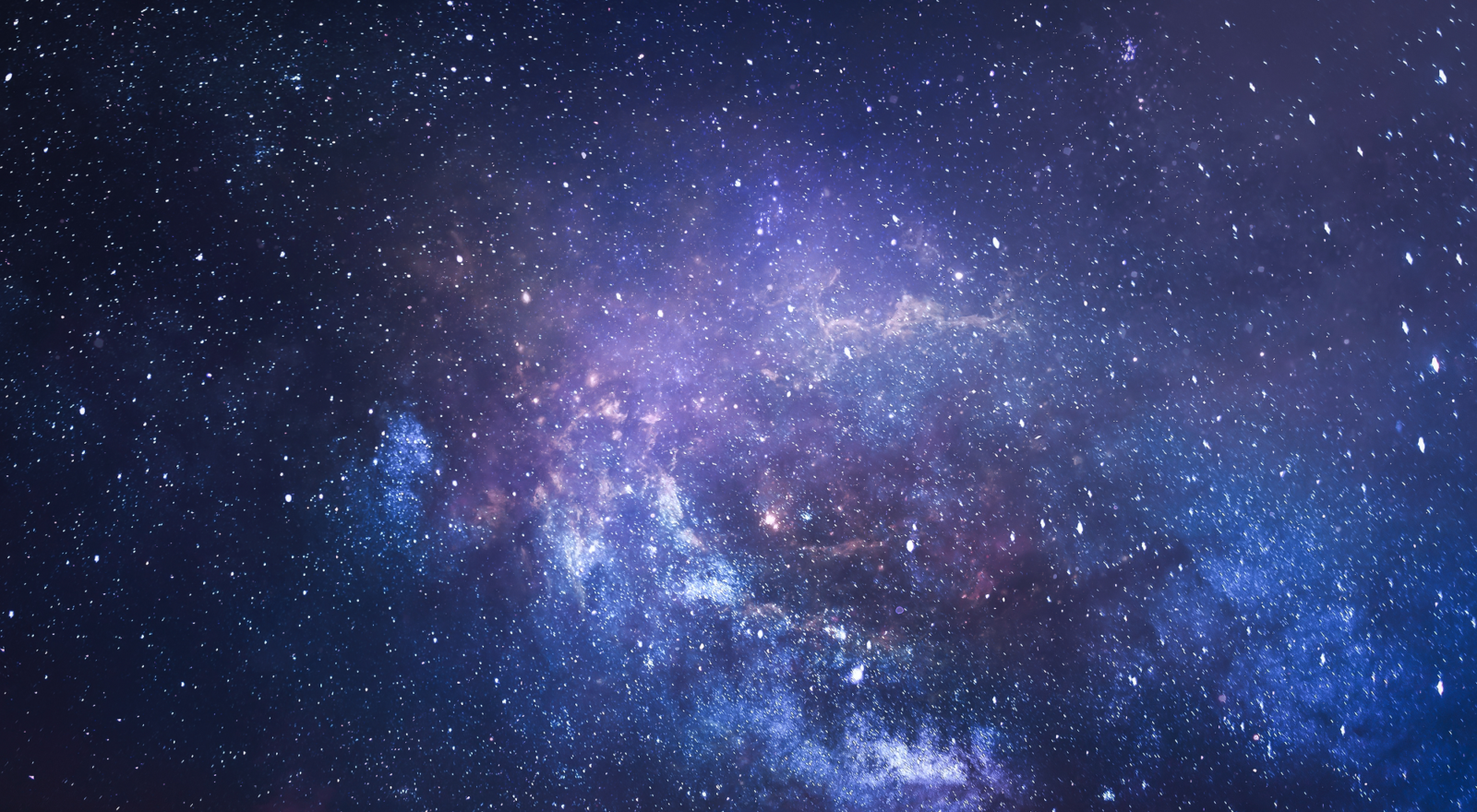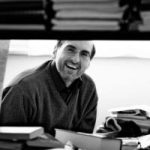The special gifts that the universe makes us
Astrophysicist Sibylle Anderl guest of Trento's MUSE
We don’t pay much attention to it because it’s a bit like the air we breathe, but knowledge is really something special. When we bring an unknown phenomenon into sharp focus or make an only seemingly familiar experience less obvious, it is as if we have access to a new space, and the effect of stepping into this intangible place is similar to the amazement that grips us in the mountains when, after a long walk in the woods, a clearing, a lake or a snowy peak opens up before our eyes. At that point, our senses are all revived together, the lungs dilate and energy suddenly multiplies.
From this point of view, there is arguably no more special science than astrophysics. Given the staggering, often bewildering nature of its field of study, it is not surprising that the description of the movement of the stars and the realization of the mind-boggling dimensions of the universe and the forces at work in it were the ground on which the modern Scientific Revolution took shape and came to popular attention. Such things like galaxies, black holes, the Big Bang, the continuous expansion of the universe, stars being born and dying, imperceptible cosmic radiation, but also the constant reference to colossal forces, sidereal distances and boundless time coordinates, make anyone’s eyes widen and challenge not only common sense, but also the ability of those who deal with it professionally to make complete sense of their work.
In her beautiful book L ‘universo e io (Solferino, Milan 2018), German astrophysicist Sibylle Anderl gave voice to this state of mind by explaining first to herself and then to her readers why her discipline is at the same time special and ordinary, adventurous, but also completely compliant with the standards of rationality that have guided the investigations of the natural sciences since the times of Bacon and Galileo.
There is, however, another aspect of the cognitively “special” nature of astronomy which has been captured precisely in the title of Anderl’s book. The link between the universe and the self in fact draws attention to the importance that the sky, and the relationship with the sky, has always had for our species. In the end, it was above all this topic the one discussed on the occasion of the event organized by the MUSE in Trento on June 14, 2022
Even disregarding religious symbology, it does not take much effort to realize that the celestial vault has represented throughout the millennia a map or mirror in which the most sensitive people, or those with the most vivid imagination, have searched the solution to the riddles of existence or a possible consolation for their infinite pains: an uncertain reflection of the stability, harmony, incorruptibility or suggestive figurations (constellations, omens, laws) that for centuries human beings have traced or believed they traced in the firmament.
Indeed, the sky, first of all, is the bottomless backdrop that makes the impression in us of being able to experience it all the more astonishing, i.e., that there exists a sui generis space–thought–in which everything is simultaneously present and connected by invisible nexuses.
Although it is true that as a rule only reliable information, incontrovertible evidence, sophisticated theories, no-nonsense explanations, in two words rigorous knowledge instead of the kind of wisdom that was once derived from contemplating the heavens is expected from good scientists, Sibylle Anderl nonetheless gladly accepted the challenge and wondered if there is not a way to make scientific knowledge a form of wisdom a little closer to understanding through suffering, knowing how to be personally touched, as discussed in a famous Chorus of Aeschylus’ Agamemnon. Is giving up wisdom really the inevitable price that must be paid for the advancement of knowledge? Or can also those who work today with the necessary detachment of astrophysical phenomena treasure what the philosopher from Agrigento Empedocles argued two thousand five hundred years ago, namely that for human beings “the blood that surrounds the heart is thought“?
From the attention that Sibylle Anderl dedicates to the subtleties that characterize astronomical investigations it seems to be possible to deduce that she too, from time to time, expects a pinch of wisdom from the sky and that, in the epistemic puzzles generated by the efforts necessary to get to learn about an immense universe from a tiny yet significant nook, has found a source not only of knowledge, but of insight, even of wisdom.
This is perhaps enough, then, to return to the unembarrassed question of whether the study of the universe might not make us a little wiser and perhaps even prompt us to enter into a new alliance with nature that, if not quite on a form of mirroring, at least leverages an enigmatic variety of resonance. The hope, after all, is always the same: that, from this renewed effort of thought will arise the reasons and intelligence to change our lives for the better.

